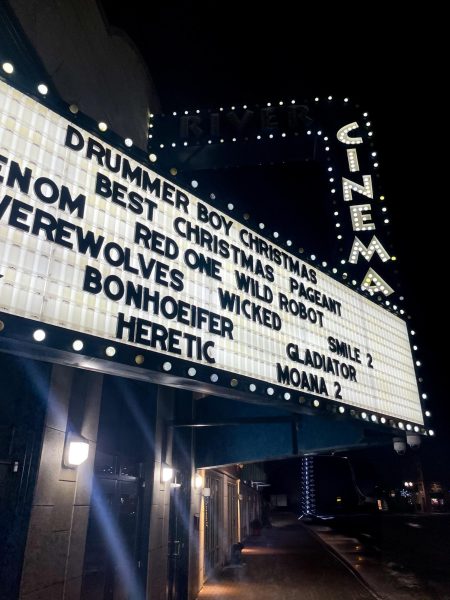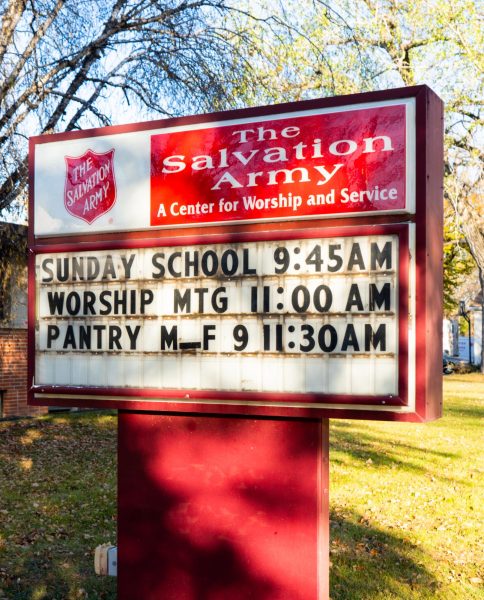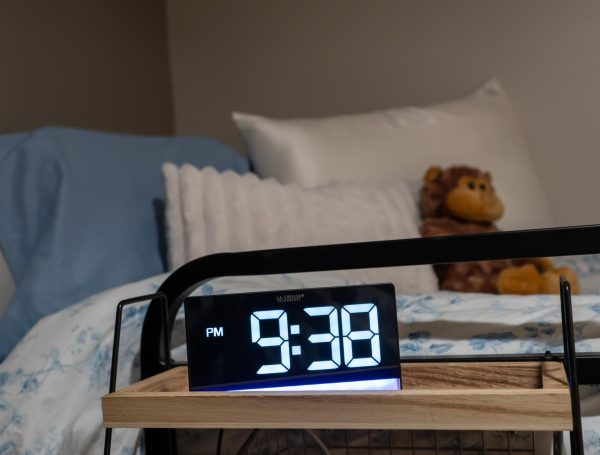Hip-hop stereotypes endanger genre
Hip hop as a genre tends to be highly underrated. Most of the criticism toward it is that it tends to be sexist and homophobic. This is certainly true of mainstream rap, but keep in mind that the artists that get the most popular are usually the least talented.
Take, for example, Lil Wayne. Lil Wayne can for sure be called a sexist, but he also can be called completely talentless. So who cares anyway? It doesn’t take much to express the thought that all women exist only as sex objects. Neither is it anything special to write lyrics so bad that they almost seems intentional.
You might think I’m exaggerating how much of a waste of human space this person is. I can assure you, I am not. Just the most cursory glance at his music lends weight to my accusations.
For example, in “Love Me,” we see the great, lil’ lyricist pen such masterpieces as “Imma ball till the day I fall. Ball ball ball ball.”
But most disturbing is his line, “She says I never wanna make you mad, I just wanna make you proud. I say baby just make me (expletive) then don’t make a sound.”
He is literally saying that the only thing he wants women for is sex and that afterward he wants nothing from them. This song is describing an abusive relationship from the perspective of the abuser as evidenced by the fact that the female in this song is desperate for his approval and fears his wrath.
The chorus says, I couldn’t care less about those that criticize me as long as I can continue to use women for purely materialistic purposes — I’m paraphrasing.
The worst part is that this lack of effort is an industry standard. Consider Whiz Khalifa, who actually came to UND last year as the university-sponsored Spring Jam artist.
The chorus of his famous “Black and Yellow” song repeats the phrase “black and yellow” eight times, along with the unsubstantiated claim that “You know what it is” even though we have not been privy to this information.
There are many talented artists today who use hip hop as a form of artistic expression, but they tend to go unnoticed, or at least they don’t get the recognition they deserve. Meanwhile, fame is siphoned to talentless embarrassments (but successful money makers) like Lil Wayne.
Hopsin is a hip hop artist who doesn’t have the fame that someone like Lil Wayne has, but he has five times the talent.
In his song “Ill Mind of Hopsin 5,” he criticizes the mainstream hip hop media for promoting an unhealthy lifestyle. He wastes no time calling people out for their dumb life choices with lyrics like, “When I say the word ‘fun,’ what do you envision? Probably drinking and smoking out with your crew… Is that you all you think life really is? If so, then you’re a (expletive) idiot… If you want to succeed, you’ll have to try, otherwise you’ll get older and regret it all because you can’t provide.”
Instead of lyrics that glamorize being a criminal, Hopsin’s lyrics point out the inevitable consequences of a purely hedonistic lifestyle.
He’s not the only one who writes songs pointing out the faults of the hip hop genre. Lupe Fiasco has a song called “Bitch Bad” in which he criticizes the use of the word “bitch” in popular music. The chorus goes, “Bitch bad, woman good, lady better.”
The whole song forces you to stop and think about which words you choose to use and how that can affect people around you.
This is what separates Lupe Fiasco or Hopsin from Lil Wayne or Whiz Khalifa. The point of Lil Wayne’s music is for you to not think about it. Lil Wayne certainly didn’t.
Artists like Hopsin want you to think. Every line is constructed carefully to send a message. This makes it a form of artistic expression rather than the mindless entertainment that hip hop is often written off as.
Mike Rauser is a staff writer for The Dakota Student. He can be reached at [email protected].






